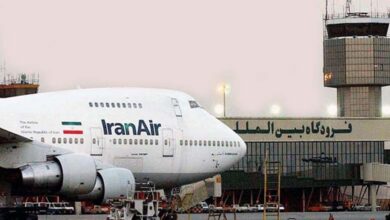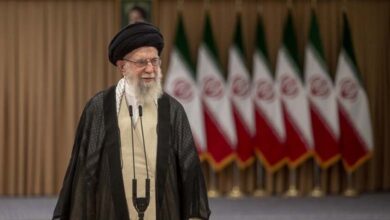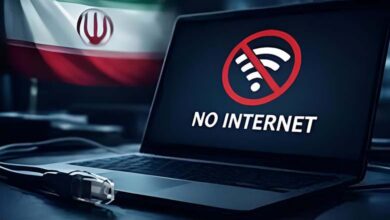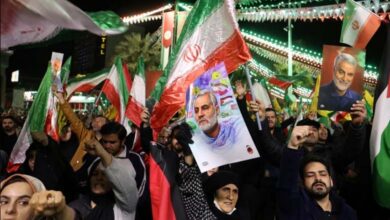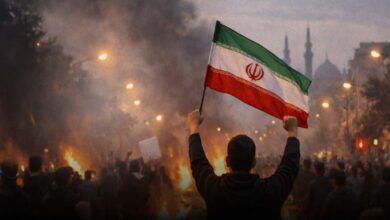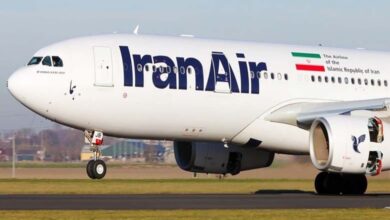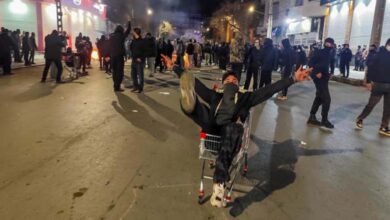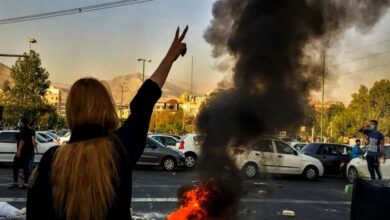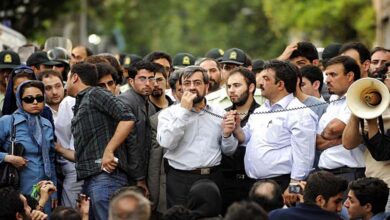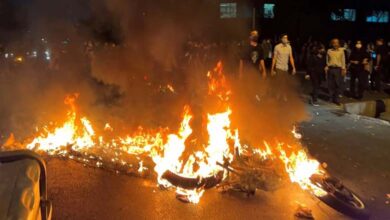Iran, accused of igniting the Gaza war, warns of a regional explosion
Iran's Foreign Minister condemns Washington's use of the veto to undermine a resolution proposed by the UAE in the UN Security Council for a ceasefire in Gaza

Iran has warned of an “uncontrollable explosion” in the Middle East if the United States continues to support Israel in the war against Hamas in Gaza. This comes in the aftermath of Washington‘s use of the veto against a draft resolution in the United Nations Security Council.
Tehran is accused of planning the October 7th attack carried out by the Izz ad-Din al-Qassam Brigades, the military wing of Hamas, in retaliation for Israel’s assassination of Iranian scientists and to divert attention from its continued nuclear program development.
Israel and the United States also accuse Iran of arming Palestinian factions, including Hamas and Islamic Jihad, within the Axis of Resistance, which they use to settle scores with their regional and international adversaries. However, Tehran denies these allegations.
While Washington has stated that there is virtually no evidence implicating Iran in the Storm Al-Aqsa operation carried out by the Izz ad-Din al-Qassam Brigades, it has not ruled out the possibility that Iran has strengthened Hamas‘s military capabilities.
Iranian Foreign Minister Hossein Amir Abdollahian, in a phone call with UN Secretary-General Antonio Guterres, said, “As long as America supports the crimes of the Zionist regime and the continuation of the war… there is a possibility of an uncontrollable explosion in the region,” according to a statement issued by the Ministry of Foreign Affairs on Saturday.
The statement from the Iranian Foreign Ministry came after the United States used its veto power (the veto) on Friday against a draft resolution in the UN Security Council calling for an “immediate humanitarian ceasefire” in the Gaza Strip.
Thirteen of the 15 Council members voted in favor of the resolution proposed by the UAE, receiving support from dozens of non-aligned countries in the Security Council, as well as international and humanitarian organizations. In contrast, the United Kingdom abstained from voting, while the United States, a supporter of Israel, opposed the draft and used the veto, leading to its failure.
On Wednesday, Guterres sent a message to the Security Council in which he invoked Article 99 of the UN Charter, allowing him to “bring to the attention” of the Council an issue that “may endanger international peace and security,” in the first activation of the article in decades.
Amir Abdollahian told Guterres that “the use of Article 99 is a courageous act on your part to preserve peace, supported by international public opinion.” He confirmed that the “Israeli confirmation” that “Hamas violated” the truce that ended on December 1st is “completely false.”
Iran is a prominent supporter of the Islamic Resistance Movement (Hamas), which launched an unprecedented attack on Israel on October 7th, killing 1,200 people, according to Israeli authorities.
In response, Israel launched an attack on the Gaza Strip, resulting in the deaths of more than 17,400 people, according to the latest toll released by the Hamas Health Ministry on Friday.
Iran itself distanced itself from the Hamas attack, stating through one of its biggest proxies in the region, the Lebanese Hezbollah, that the decision for the Storm Al-Aqsa operation was a Palestinian decision and that Iran has no guardianship over the decisions of the resistance.
The Iranian regime praised the Hamas attack, emphasizing that it was the result of years of Israeli repression and crimes against the Palestinians. However, it simultaneously affirmed its reluctance to expand the scope of the ongoing war and slip into a regional conflict. Meanwhile, its militias in the region (Yemen, Syria, Iraq, and Lebanon) are moving to launch attacks on US interests and forces in the region to show support for Hamas.


